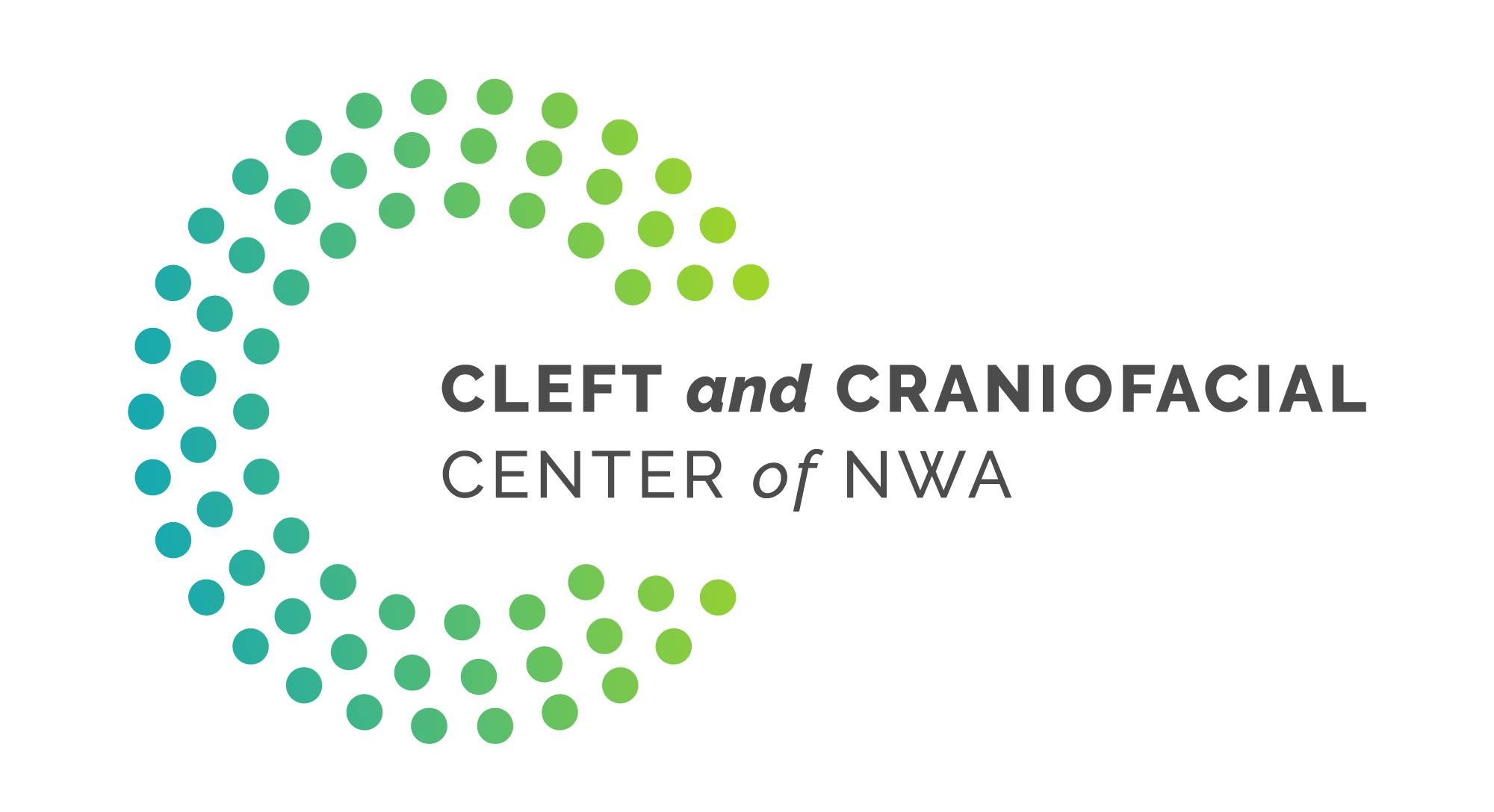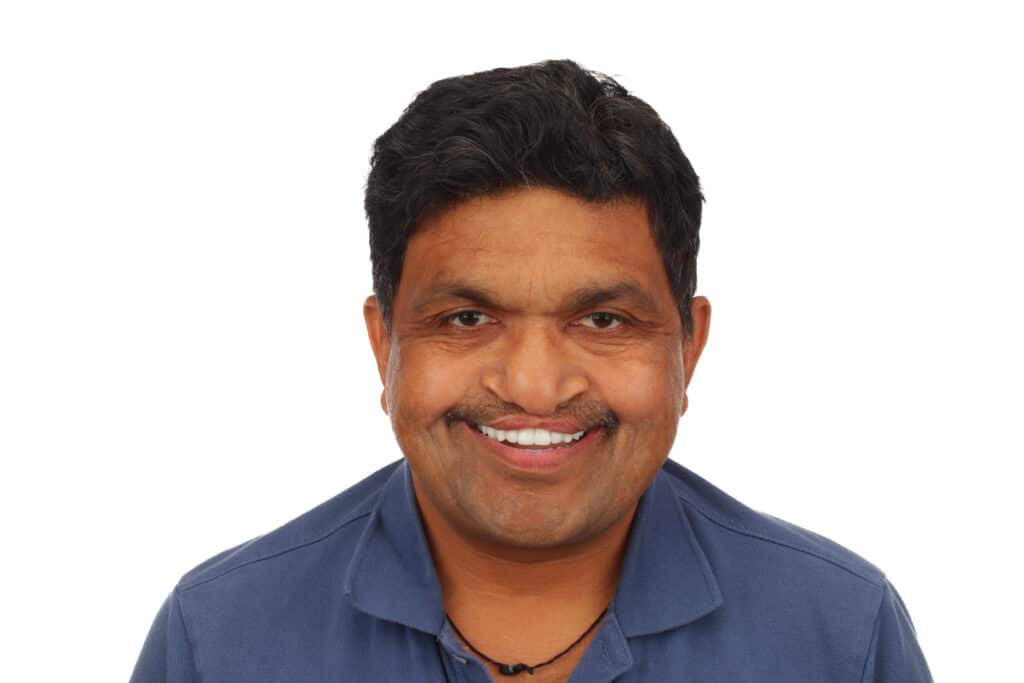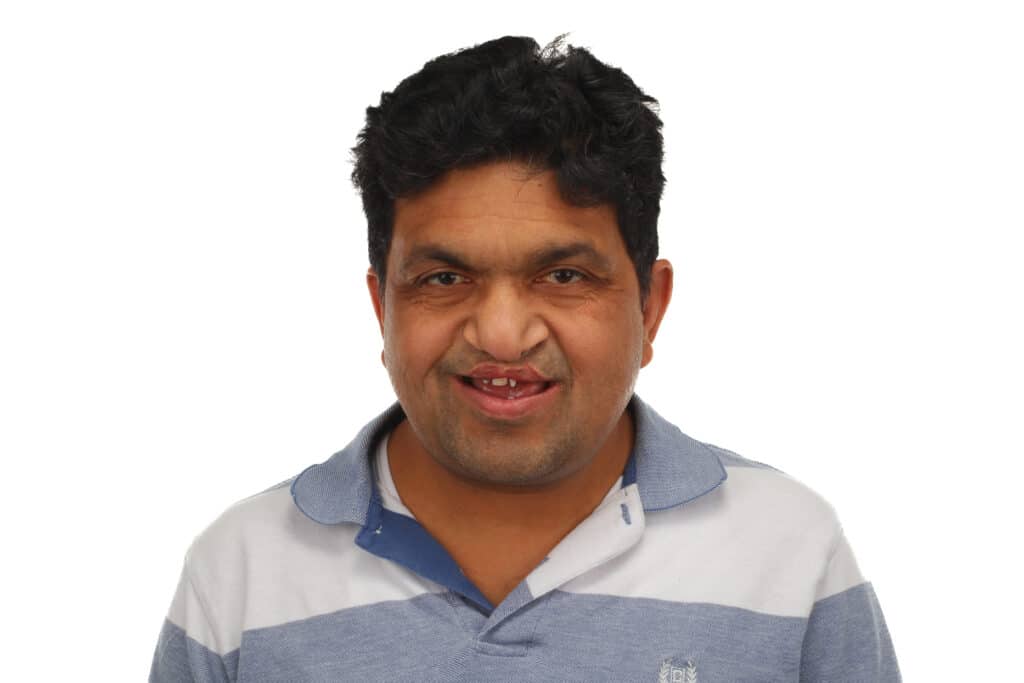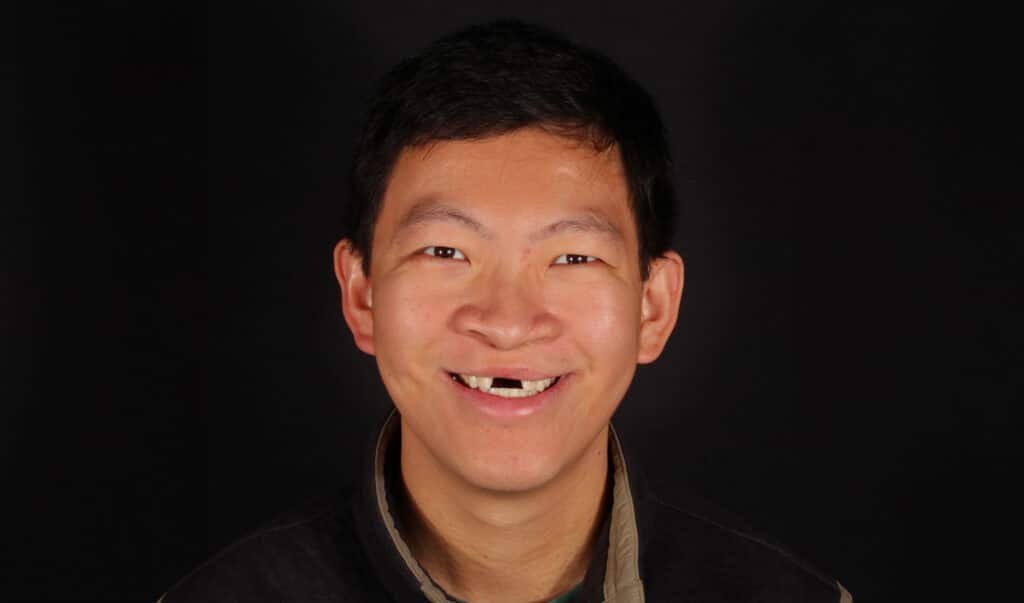Cleft Lip & Palate
Creating Your Smile At OP
Cleft palate is among one of the most common birth defects—typically affecting one in every 1,600 babies born in the United States. The condition can have a major impact on the quality of life for many individuals, as it can result in speech impediments, difficulty eating and drinking, hearing problems, problems with dental development, and more.
Treatment for cleft palate typically begins with surgical repair to close the opening and correct any accompanying malformations. Most surgical repairs to the cleft occur before the age of 2. Children with clefts are more prone to dental problems like missing, malformed, or even displaced teeth. Some children will have congenitally missing teeth. The goal is to restore normal anatomy to the mouth to the position in which they were meant to develop. Our team of specialists works with plastic surgeons to repair the lip and restore its normal anatomy. Children should regain the ability to speak, eat, and drink normally.
But what if you are an adult who had their cleft closed? Do you need anything else? Yes, very likely. At a minimum, you deserve a dental home that understands the procedures you have been through. You might also need new teeth, as your existing prosthesis is worn out. Perhaps there have been big strides in medical treatment that could directly benefit you. At OP, adults with cleft lip/palate also have a home. Fortunately, at Ozark Prosthodontics in Fayetteville, AR, we are well-equipped to treat those that are affected by this condition, regardless of age.
Why OP?
Our OP doctors focus exclusively on complicated cases. Consequently, our doctors treat more rare conditions than most doctors see in a lifetime. We are renowned for using technology to assist with diagnosing and designing solutions for our patients. We are pioneers in creating more effective, less traumatic, and longer-lasting treatments. Our specialists have completed advanced training in surgery and prosthetics. Our patients benefit from that quest by receiving not only the best treatments to minimize the impact of cleft lip/palate and will also give them the best chance at a high quality of life.
We want to help. Please call.
Cleft palate is among one of the most common birth defects—typically affecting one in every 1,600 babies born in the United States. The condition can have a major impact on the quality of life for many individuals, as it can result in speech impediments, difficulty eating and drinking, hearing problems, problems with dental development, and more.
Fortunately, at Ozark Prosthodontics in Fayetteville, AR, we are well-equipped to treat those that are affected by this condition. Below, we will provide a comprehensive guide to help patients understand what cleft palate is and how it can be treated.
What Is A Cleft Palate?
A cleft palate is a congenital defect in which the roof of the mouth does not form properly, resulting in an opening or split. This condition can occur in both hard and soft tissue, affecting the upper lip (cleft lip), the roof of the mouth, or both. It can either occur in the front or back portions of the palate and, in some cases, a cleft palate can also be accompanied by a cleft lip.
There are various causes of cleft palate, including genetic factors, environmental factors, and even certain medications taken during pregnancy. At Ozark Prosthodontics, we recommend treating babies with this condition before 18 months of age. Early intervention can help to minimize any complications associated with the condition and help children to live a normal, healthy life free of any associated physical or self-esteem challenges.
Treatment At Ozark Prosthodontics
Treatment for cleft palate typically begins with surgical repair to close the opening and correct any accompanying malformations. The ultimate goal is to restore normal anatomy to the mouth by reconnecting the muscle and gum tissue to the position in which they were meant to develop.
- We do this by dissecting the visible tissue layers and loosening the subcutaneous structures attached to the hard palate.
- From there, the tissue can be stretched appropriately to expand across the palate.
- Once the tissue is in the correct position, it can be sutured together to allow the muscles to heal in the appropriate orientation.
- Upon completion of the procedure, children should regain the ability to speak, eat, and drink normally.
Cleft lip often forms in conjunction with cleft palate, and Ozark Prosthodontics can provide treatment for both conditions. Our team of specialists works with plastic surgeons to repair the lip and restore its normal anatomy. Not only will this rebuild the appearance of the lip, but also this surgery will connect the nerve tissue and muscles to allow for optimal movement and function of the smile.
Why Choose Ozark Prosthodontics?
At Ozark Prosthodontics, we have an experienced surgical team that excels in the treatment of orofacial cleft defects. Our team works with parents to provide the best possible treatment plan for their child’s individual needs. Our goal is to ensure that the child will be able to enjoy a normal life following surgery—capable of speaking, eating, and drinking without any impediments.
Our team of specialists at Ozark Prosthodontics has a compassionate, personalized approach to cleft palate treatment. Our goal is to provide the best possible care for our patients and their families, giving them a chance to live the life they deserve.
If your child has been diagnosed with a cleft palate, contact us today to learn more about our treatment options and get started on the path to recovery. We are committed to helping them achieve the best possible outcome!

At Cleft and Craniofacial Center of NWA, we provide state-of-the-art care to people of all ages with head and neck abnormalities, including traumatic injuries, birth defects or any condition where reconstruction is necessary to provide a better quality of life.




